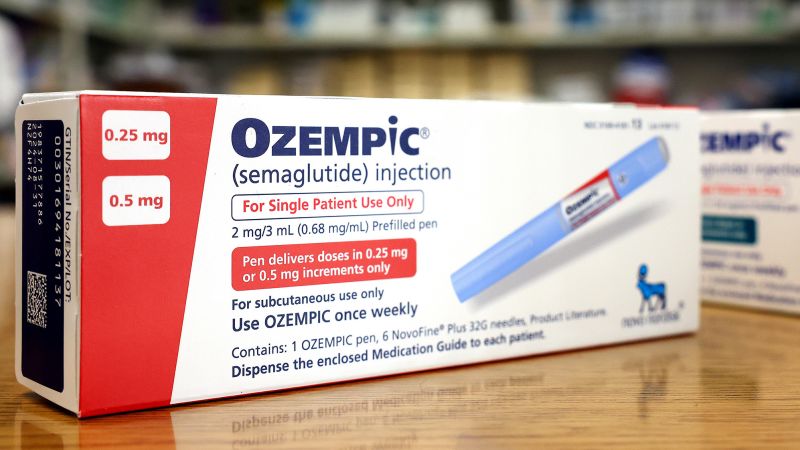Doctors Sound the Alarm: The Simple Mistake That’s Erasing All the Benefits of Ozempic and Wegovy
Over the past few years, Ozempic, Wegovy, and other GLP-1 medications have transformed the weight loss conversation in America. Originally developed for type 2 diabetes management, these drugs quickly gained popularity as powerful tools to help people shed pounds. Prescriptions have more than tripled since 2020, with surveys showing that nearly 12% of Americans have turned to these treatments in hopes of reaching their health goals. For many, the results seemed too good to be true—consistent weight loss without extreme dieting or endless hours at the gym. But now, doctors are sounding the alarm about a major problem: many users are unknowingly sabotaging their progress, wiping out the benefits they worked so hard for.
The issue isn’t with the medication itself. Ozempic and Wegovy work by slowing down digestion, regulating blood sugar, and most importantly, reducing appetite. Patients often describe feeling satisfied with smaller portions, and the dramatic weight loss stories that flood social media highlight the drug’s potential. But the real challenge begins when lifestyle habits don’t change. According to new research, a surprising number of people fall into a trap—using the medication while continuing to eat highly processed, high-calorie foods. In essence, they lean on the appetite-suppressing effect of the drug without making healthier food choices. Doctors warn that this single mistake can erase much of the progress.

The science is straightforward. While the drug helps people feel full faster, it does not change the nutritional value of what they eat. A slice of pizza or a burger may take up less space in the stomach thanks to the drug’s effect, but the calorie and fat content remain unchanged. Over time, people who stick to poor dietary choices may notice their weight loss stalling—or worse, reversing—because they’re still consuming more energy than their body needs. As one physician explained, “All of the benefits are lost if the lifestyle doesn’t adapt alongside the medication.”
There’s also a psychological element to this. Some users assume that simply taking the shot means they can eat whatever they want without consequences. At first, they may see results, especially if their overall intake goes down. But the body is resilient, and when old habits continue, the long-term effect isn’t the transformation they hoped for. In fact, some patients report gaining the weight back as soon as they stop using the drug, especially if their eating patterns haven’t shifted in healthier directions.

Another concern is that many users forget the purpose of these medications was never meant to be cosmetic. For people with type 2 diabetes, GLP-1 drugs help lower blood sugar and protect against cardiovascular disease. But when the diet remains full of sugary, processed foods, the protective benefits are weakened. Doctors emphasize that the drug should be a support system, not a magic solution. It’s a tool to make healthier eating easier, not an excuse to avoid it altogether.
Despite the warnings, the potential of Ozempic-like drugs is still remarkable. When paired with balanced nutrition and consistent lifestyle changes, the results can be life-changing. Patients have reported not only weight loss but improved blood pressure, lower cholesterol, and reduced risk of heart problems. The key, experts stress, is to use the medication as a bridge to better habits rather than a shortcut around them.
For anyone considering or already taking these drugs, the takeaway is simple: they can open the door, but you still have to walk through it. Prioritizing whole foods, lean proteins, vegetables, and portion awareness ensures the medication works the way it’s intended. Without those changes, the needle may move at first, but eventually, the progress fades.

The rise of Ozempic and Wegovy has given many people hope, and for good reason. They are powerful tools that can truly change lives. But like all tools, they’re only as effective as the way they’re used. Doctors continue to remind patients that the goal is not just short-term weight loss but long-term health—and that means making choices every day that support the body beyond what the medication can do on its own.


